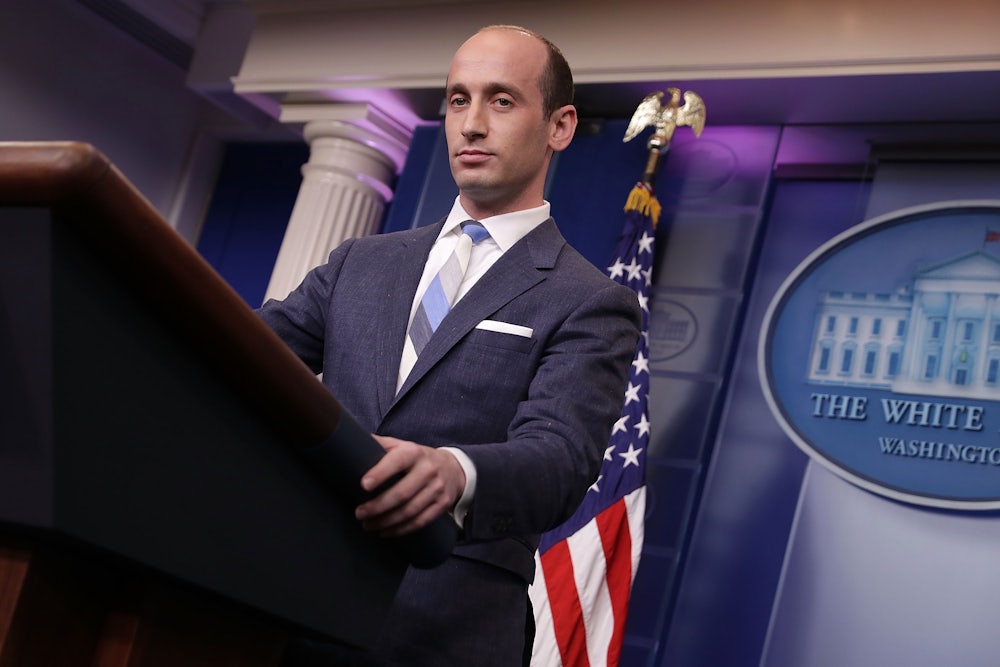The Financial Times is reporting that the most extreme anti-immigrant faction in the White House, led by presidential advisor Stephen Miller, tried to leverage concern over espionage to completely eliminate student visas from China. Miller’s position was successfully opposed by Terry Branstad, the American ambassador to China.
According to The Financial Times,
The debate about Chinese students intensified after the White House in December released its national security strategy, which said it would “review visa procedures to reduce economic theft by non-traditional intelligence collectors” and consider restrictions on foreign students in science-related fields.
While the debate was largely focused on spying, Mr Miller argued his plan would also hurt elite universities whose staff and students have been highly critical of Mr Trump, according to the three people with knowledge of the debate.
Branstad was successfully able to push back against Miller’s argument by pointing out that many non-elite universities also relied heavily on Chinese students. While the concern about the growing clout of the Chinese government in American universities is a legitimate one, this is not an issue that involves the vast majority Chinese students, who are on visas for legitimate scholarly purposes.
Miller’s attempt to curtail the access of student visas fits in with his larger nativism, and calls to mind a similar argument made by his ally Steve Bannon, a former White House advisor. In an conversation with then candidate Donald Trump in November 2015, Bannon expressed concern that because of student visas “two-thirds or three-quarters of the CEOs in Silicon Valley are from South Asia or from Asia.” Bannon felt this was undermining America as a “civic society.” (Leaving aside the political argument, Bannon grossly overstated the percentage of Asian CEOs in Silicon Valley).
